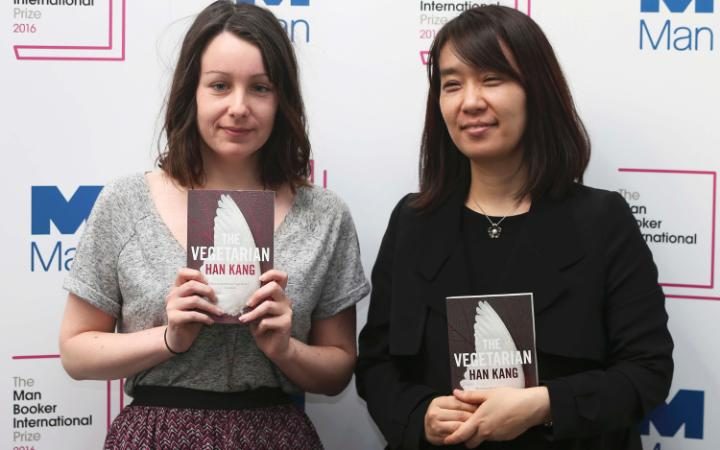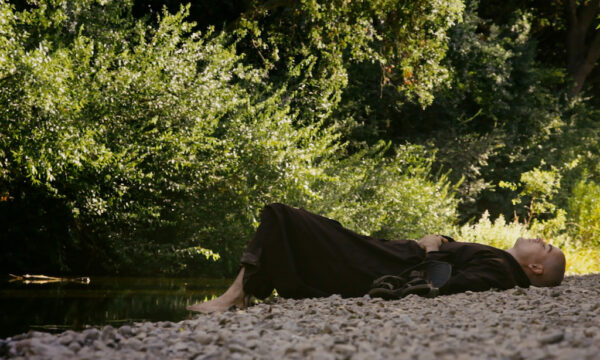Man Booker Prize: Han Kang’s The Vegetarian is unanimous winner

South Korea’s Han Kang won the Man Booker prize last night for her remarkable novel, The Vegetarian. The win marked the first time the prize (set up in 2005 to recognise international works of literature widely available in English) has been divided equally between the author and the translator.
Han Kang is already an established author in her native country but The Vegetarian was the first of her works to be translated into English. It tells the story of Yeong-hye and her husband. Yeong-hye decides one day to become vegetarian – a seemingly simple enough decision – but things are not all as they seem. She claims to have had a dream that led to the change and more are to follow: soon she dreams not only of no longer consuming flesh, but of no longer being flesh. Across this tale the novel explores shame, desire and the delicate balance between the character’s internal and external conflicts. The judges were apparently unanimous in their decision.
The work’s translator, 28-year-old Deborah Smith, is no less extraordinary. She only began learning Korean three years previously and The Vegetarian was her first translated work. She recently founded a not-for-profit publishing house focusing on translated works from Asia and Africa.
The shortlist for the prize spanned the world, with books from Turkey, China, Austria and Italy, and included A Strangeness in my Mind by Nobel prize-winning Turkish novelist Orhan Pamuk, a love story told through the eyes of a street vendor spanning four decades and set in Istanbul. The Four Books by Chinese dissident, Yan Lianke was another hot contender; set in a labour camp in the late 1950s, the novel weaves together four narratives and has been banned in mainland China for its political content.
Rounding out the nominations were A General Theory of Oblivion by Jose Eduardo Agualusa (about a woman who bricks herself up in her apartment and stays in isolation for 28 years), Robert Seethaler’s A Whole Life (telling the tale of Andreas, who leaves his alpine home to fight in World War II and returns to find his sanctuary is not so isolated anymore) and The Story of a Lost Child by famously pseudonymous author, Elena Ferrante.
The prize continues to encourage the translation and enjoyment of international works, and brings a diversity of literary talent to the UK.
Natasha Furlong
For further information about the Man Booker Prize visit here.

























Facebook
Twitter
Instagram
YouTube
RSS